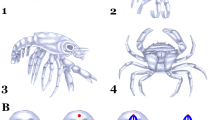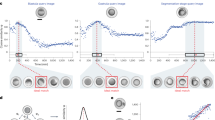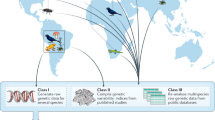Abstract
I HAVE read with much interest Prof. MacBride’s review entitled “The Problem of Epigenesis”, and I should like to make a few remarks upon what he says at the end. First of all, I wonder if the following analogy will help him, as it has helped me, to reconcile the conceptions of the geneticist with those of the embryologist. In a modern motor works the cars, so I understand, move along a track past a series of workmen, each of whom has one particular job to do, which is related to what has already been done and also to what is going to be done afterwards. Now if we imagine that all the parts and materials which are going to make up the finished car represent the substances in the developing embryo and that the workmen are the genes, we have an analogy which can be carried surprisingly far. Not only will it give us a picture of normal development, but we can see, by altering one of the parts, how a variation may occur; by altering a workman, how ‘sports’ may arise; and, by adding a new workman with a new job, how progressive evolution may take place.
This is a preview of subscription content, access via your institution
Access options
Subscribe to this journal
Receive 51 print issues and online access
$199.00 per year
only $3.90 per issue
Buy this article
- Purchase on SpringerLink
- Instant access to the full article PDF.
USD 39.95
Prices may be subject to local taxes which are calculated during checkout
Similar content being viewed by others
Author information
Authors and Affiliations
Rights and permissions
About this article
Cite this article
PURSER, G. Embryology and Evolution. Nature 126, 918 (1930). https://doi.org/10.1038/126918b0
Issue date:
DOI: https://doi.org/10.1038/126918b0



